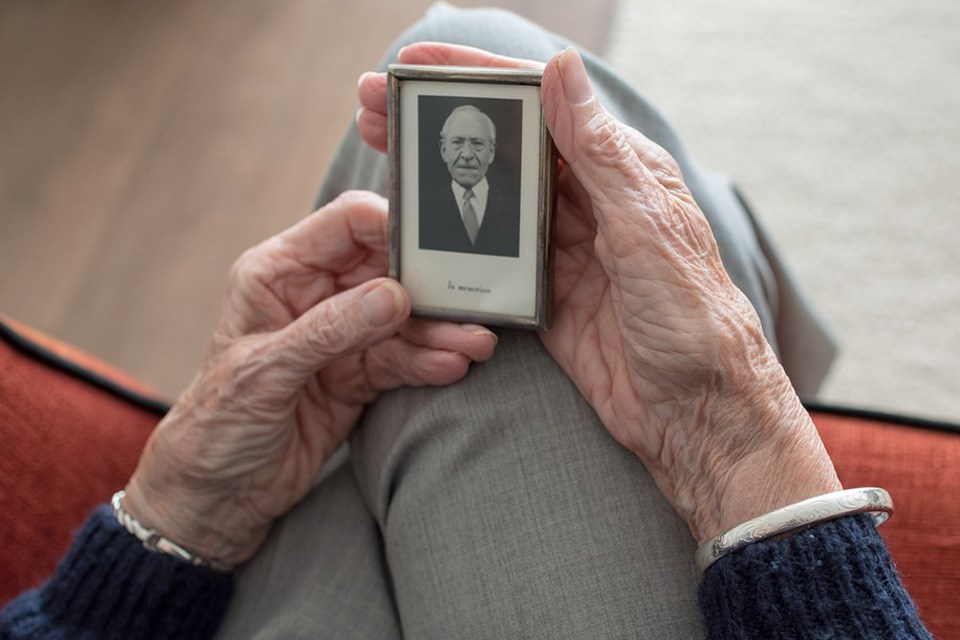As you grow older, you may realize that spending more time alone is becoming the norm and you are no longer active socially. Even within the family there is less contact; children and grandchildren have their own social network, which causes you to feel left out and isolated.
Causes for Isolation
As the adult population grows older, the dynamics of social interaction decrease, and it become less of a priority. There are many possible reasons for this: living alone, health problems, having no contact with family.
Where you live also plays a huge role. Rural living offers fewer programs and services. If you no longer drive, trying to plan visits becomes difficult, increasing the risk of isolation even more.
Society also has certain attitudes towards seniors. There is an element of discrimination limiting the involvement in some places, due to perceptions of class, race and often income. This can significantly add to isolation and loneliness.
Having lived in the same neighbourhood and seeing physical changes, including the loss of many friends, increases the desire to remain indoors. You may have also experienced physical changes, sickness, and some disability. If your spouse has died, this can reduce the number of social contacts and limit activities.
Posed Health Risks
As you become more isolated, loneliness is the first health risk. There is a true saying: “people need people.” You need to feel connected to your family, friends, and your community.
Loneliness and depression are not that far apart. Mild depression can stop you from your daily routines. Isolation and loneliness are not always linked. You may want to be alone more often, or you could be lonely while surrounded by loved ones. Both isolation and loneliness could possibly influence your health. Feeling lonely may weaken your immune cells making it harder to fight of viruses, which makes you vulnerable to some diseases. Aging is difficult when it comes to your health because suffering from isolation can spur on the development of high blood pressure and heart disease. With loneliness you may snack more, which could influence obesity.
Preventing Isolation
When living alone, you may want to make a few changes and that will require some planning. Develop new interests and hobbies and look for a reason to leave home. Join a book club, go regularly to church, find a social club – doing this will give your days variety.
Schedule some family visits, outings or share a meal. Game nights are fun. If family is not near, do the same but with video chats. If you love animals maybe, you could adopt a pet. Dogs need to go out daily and parks are a great way to meet other people. Animals need to be loved and taken care of. They make great companions, which helps to re-direct your daily activities.
Most of all, take care of your health. The worse you feel, the more isolated you may become.
As you age you may not immediately recognize all the emotional or physical effects of isolation, but you can see and recognize that society is increasingly disconnected. Maintain ties with family and friends. Stay connected!
 This story was made possible by our Community Partners Program. Thank you Didsbury Dental for helping to expand local news coverage in Alberta. Learn more.
This story was made possible by our Community Partners Program. Thank you Didsbury Dental for helping to expand local news coverage in Alberta. Learn more.


